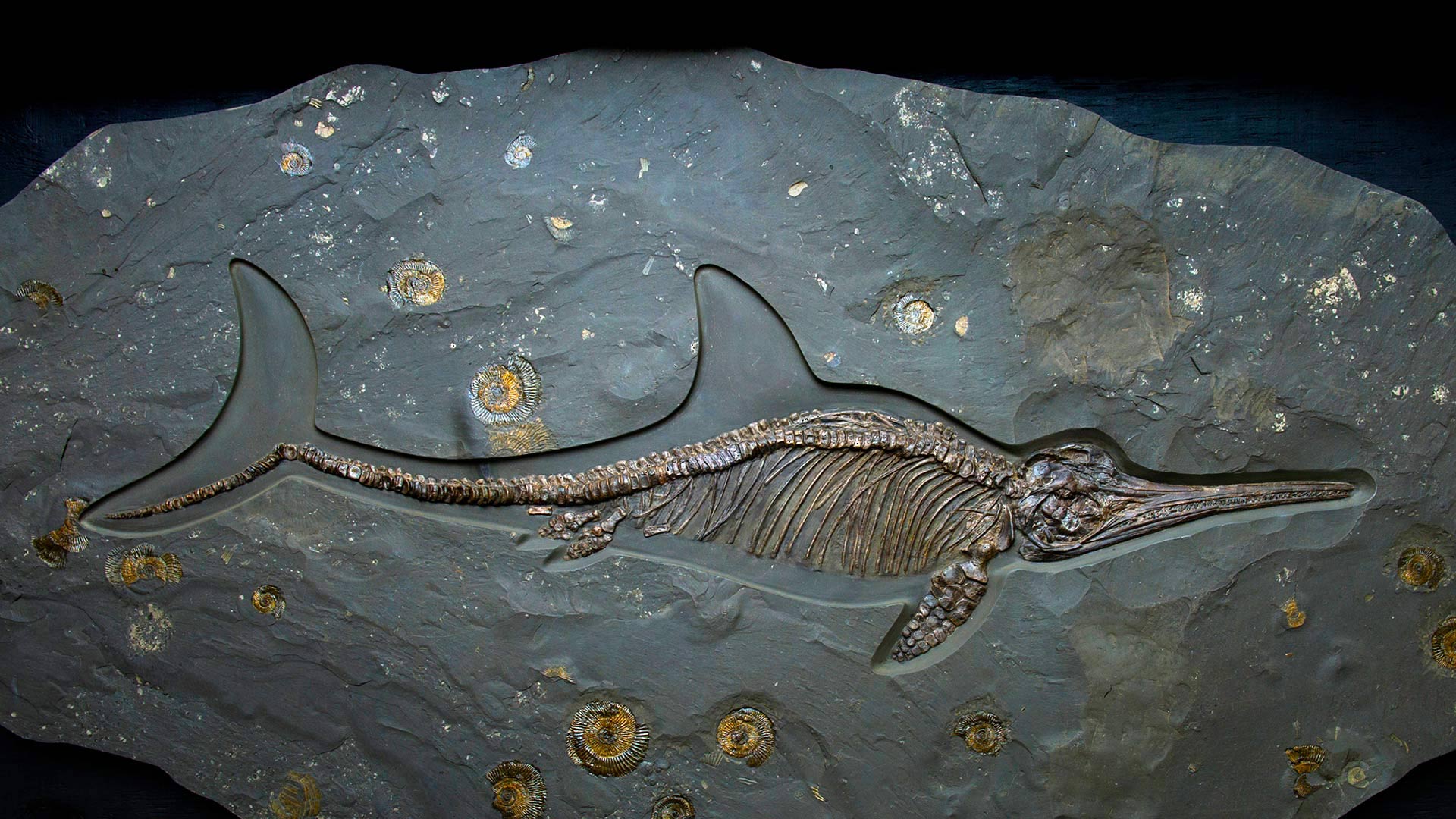Waste management has long been a challenging and costly issue for communities around the world. As our population grows and urbanizes, the amount of waste we produce continues to increase. Traditional waste management methods, such as landfills and incineration, are not sustainable in the long run and can have negative impacts on the environment.
However, technology is revolutionizing the way we manage and dispose of waste. From smart bins to advanced sorting and recycling systems, technological innovations are transforming the waste management industry and making it more efficient, cost-effective, and environmentally friendly.
One of the most significant advancements in waste management technology is the development of smart waste bins. These bins are equipped with sensors and monitoring systems that can track waste levels, compaction rates, and even detect hazardous materials. This real-time data allows waste management companies to optimize collection routes, reduce operational costs, and improve overall efficiency.
Another key technology that is transforming waste management is advanced sorting and recycling systems. These systems use automated sorting machines and robots to separate different types of waste, such as plastics, glass, and metals, more efficiently than ever before. This not only increases recycling rates but also reduces the amount of waste that ends up in landfills or incinerators.
Furthermore, advancements in waste-to-energy technologies are turning waste into a valuable resource. Biogas plants and waste-to-energy incinerators can convert organic waste into renewable energy, reducing the reliance on fossil fuels and lowering greenhouse gas emissions. In addition, new bio-based materials and composting technologies are helping to turn organic waste into nutrient-rich soil amendments, further closing the loop on waste disposal.
The use of data analytics and artificial intelligence is also revolutionizing waste management. By analyzing data on waste generation, composition, and disposal patterns, waste management companies can optimize their operations, improve recycling rates, and reduce environmental impacts. AI-powered algorithms can also predict waste generation trends and help municipalities and businesses better plan for future waste management needs.
Overall, technology is playing a crucial role in revolutionizing waste management and disposal. By leveraging the power of innovation and data-driven decision-making, we can create a more sustainable and circular economy where waste is seen as a valuable resource rather than a burden. As we continue to invest in and adopt these cutting-edge technologies, we can build a cleaner, greener future for generations to come.






